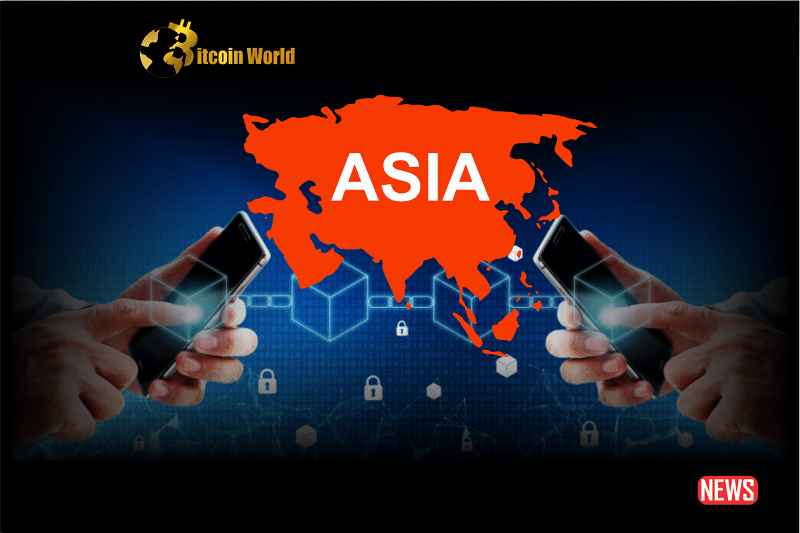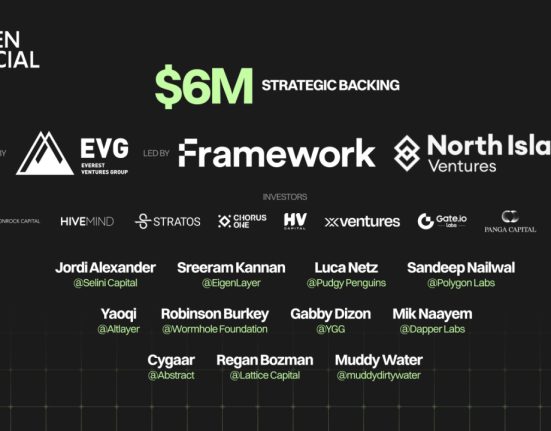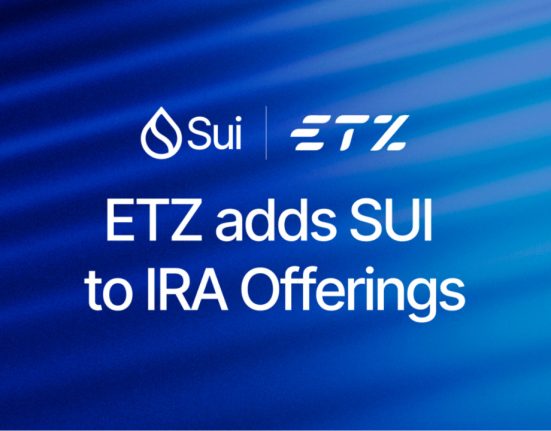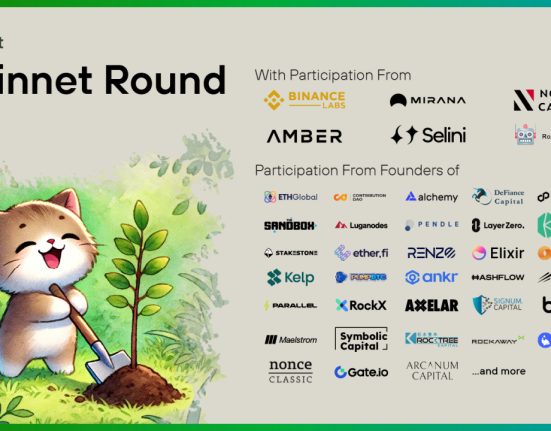Tokenization, representing assets as digital tokens on a blockchain, is rapidly revolutionizing the global economy. Beyond traditional financial assets, new and diverse classes like art, real estate, carbon credits, and intellectual property are emerging, opening doors to unlock massive value within industries.
In Asia, the potential economic opportunity of asset tokenization has drawn significant attention. With forward-thinking governments, innovative companies, and favorable economic conditions, the region is becoming a hub for asset tokenization projects, projected to be a US$3 trillion opportunity in Asia alone.
From retail to wholesale applications, Asian countries are actively developing and scaling tokenization platforms. For instance, the Central Bank of Cambodia introduced Project Bakong. This nationwide blockchain-based payment system transforms mobile payments and banking through a digital token backed by the riel, Cambodia’s sovereign currency.
In Hong Kong, the Monetary Authority spearheads a pilot initiative to explore real estate asset tokenization solutions to enable faster and more efficient equity release relative to real estate for individuals. Such tokenization of real-world assets is predicted to become a multi-trillion-dollar industry by 2030.
On the wholesale side, the Hong Kong Monetary Authority, in collaboration with the Bank of International Settlements (BIS) Innovation Center and other central banks, launched mBridge. This blockchain pilot facilitates real-time, cross-border payments and foreign exchange transactions using central bank digital currencies (CBDCs), revolutionizing global finance by providing faster, cost-effective, and transparent transactions.
The BIS Innovation Hub also expanded Hong Kong’s involvement in green bonds with Project Genesis 2.0. It explored using blockchain and smart contracts to track, deliver, and transfer digitized carbon forwards, contributing to Hong Kong issuing the world’s first tokenized green bond by a government.
The key to the rapid progress in the Asian tokenization landscape lies in openly developed distributed ledger technologies. Community-driven projects foster collaboration and innovation, providing cutting-edge tokenized tools and resources while ensuring a transparent and secure tokenization ecosystem.
By embracing openness, institutions and enterprises work together to build a trusted technology infrastructure that supports the next generation of markets and financial systems. This collaborative approach drives innovation and promotes unity and longevity as communities contribute their expertise to the development process.
As tokenization continues to gain traction across Asia, the region is at the forefront of shaping the future of the digital economy. With its growing emphasis on openly developed technologies, Asia is poised to lead toward a more secure, efficient, and equitable financial ecosystem.














